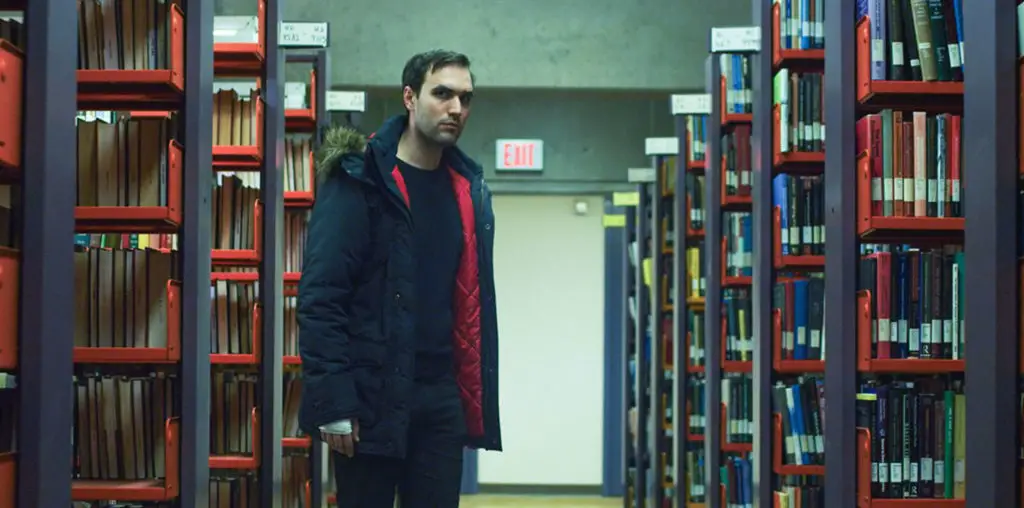
It’s hard to believe Europe could be having money troubles when you consider the fortune Hollywood has been spending for decades on the rights to remake its hit movies. The staggering sum spent on Francis Veber creations alone (“The Birdcage,” “Pure Luck,” “Three Fugitives,” “The Man With One Red Shoe,” “The Toy,” “Father’s Day”) constitutes the equivalent of an entertainment industry stimulus package.
The new film from Jay Roach (director of the “Austin Powers” series) is “inspired by” Veber’s enormously popular 1998 farce “The Dinner Game.” Which is, of course, code for the practice of appropriating an acclaimed picture’s premise, chucking the story and turning it into a formulaic American product. Which is what we have here.
Paul Rudd plays Tim Conrad, a young equity firm analyst eager to prove to his girlfriend (Stephanie Szostak) that he’s marriage material. He’s a nice guy who comes to the conclusion that his niceness is holding him back. His big break comes when his boss (Bruce Greenwood) invites him to one of the monthly soirees he throws. The catch is the parties have a sadistic theme:
Each of the invited brings the biggest dork he or she can find for the amusement of Greenwood and his friends. The guest who provides the most outlandish loser is the evening’s winner. When Tim first hears about this exercise in humiliation, his reaction is “That’s messed up.” At the same time, he realizes that getting ahead will require taking part.
As fate––and lazy screenwriting––would have it, he literally runs into the perfect dweeb later that day. He drives his Porsche into a major league geek named Barry Speck, played by a bucktoothed, bespectacled Steve Carell. Barry’s in the middle of the road obliviously picking up a dead mouse at the time. It isn’t long before Rudd’s character has established that he’s unharmed and why he wanted the lifeless rodent: Barry’s a low level IRS employee whose passion is fashioning elaborate dioramas using costumed, taxidermied mice. Tim realizes he hasn’t just hit an oddball; he’s hit the jackpot.
The original film didn’t even feature a dinner scene. It offered a study of the complicated relationship between the guest and his “idiot.” Roach’s version is built around the mean-spirited meal. There are forced attempts at fun in the run up to it, namely a series of blunders and misunderstandings on Barry’s part which create havoc in Tim’s private life (he facilitates a nightmare reunion, for example, with a stalking ex-girlfriend (Lucy Punch) and Zach Galifianakis costars as Barry’s boss, an egomaniac who believes he possesses the power to read minds. But these are mere appetizers designed to distract us while we await the main course.
Which is a rather anticlimactic affair. I won’t reveal the peculiarities of the other “losers” (the word “schmuck” is never actually used in the movie) but, believe me, I’m not preserving much of a surprise for you. Limited imagination went into their creation and, to make matters duller, the film takes a predictably preachy last act turn, essentially chastising the audience for having what few laughs it’s had up to that point at the losers’ expense. That’s messed up.
I don’t know. If I were Carell, I’d seriously rethink the whole “keeping my day job” thing. “Evan Almighty,” “Dan in Real Life,” “Get Smart,” “Date Night” and now this. Not exactly exceeding expectations from the days of “The 40 Year Old Virgin,” are we? “The Office” is a great show and Michael Scott is a great character. It would be sad to think there’ll come a day when the beloved actor realizes he’s traded greatness for big screen mediocrity and feels like, well, a total schmuck.
